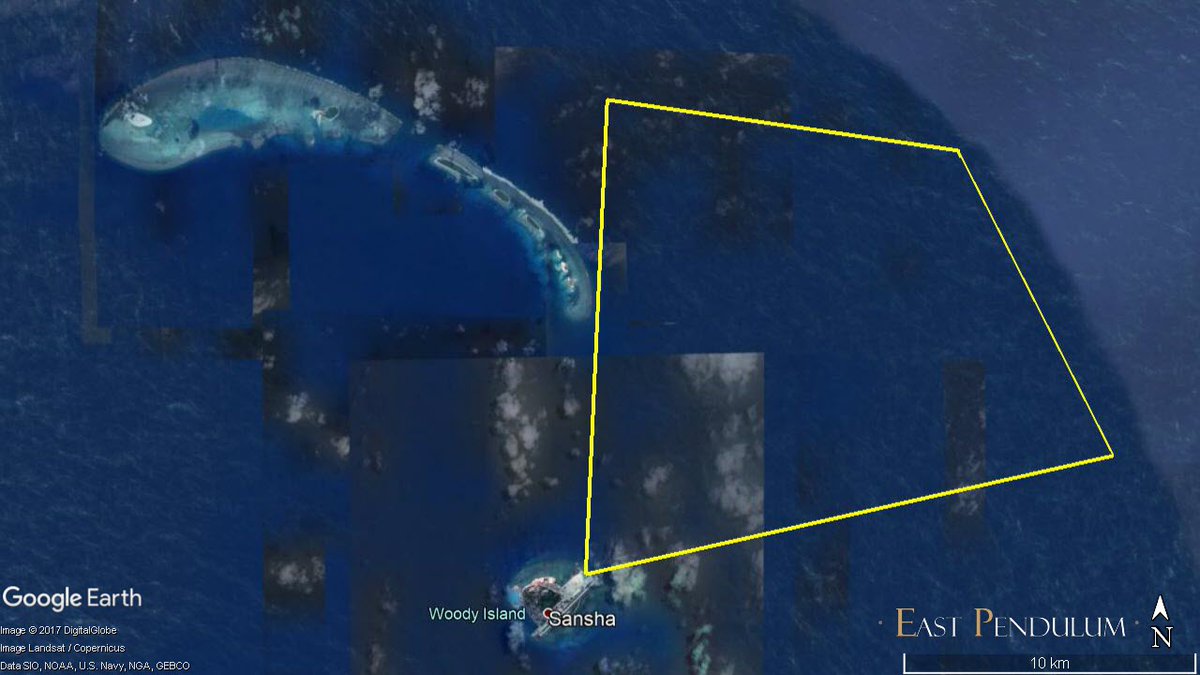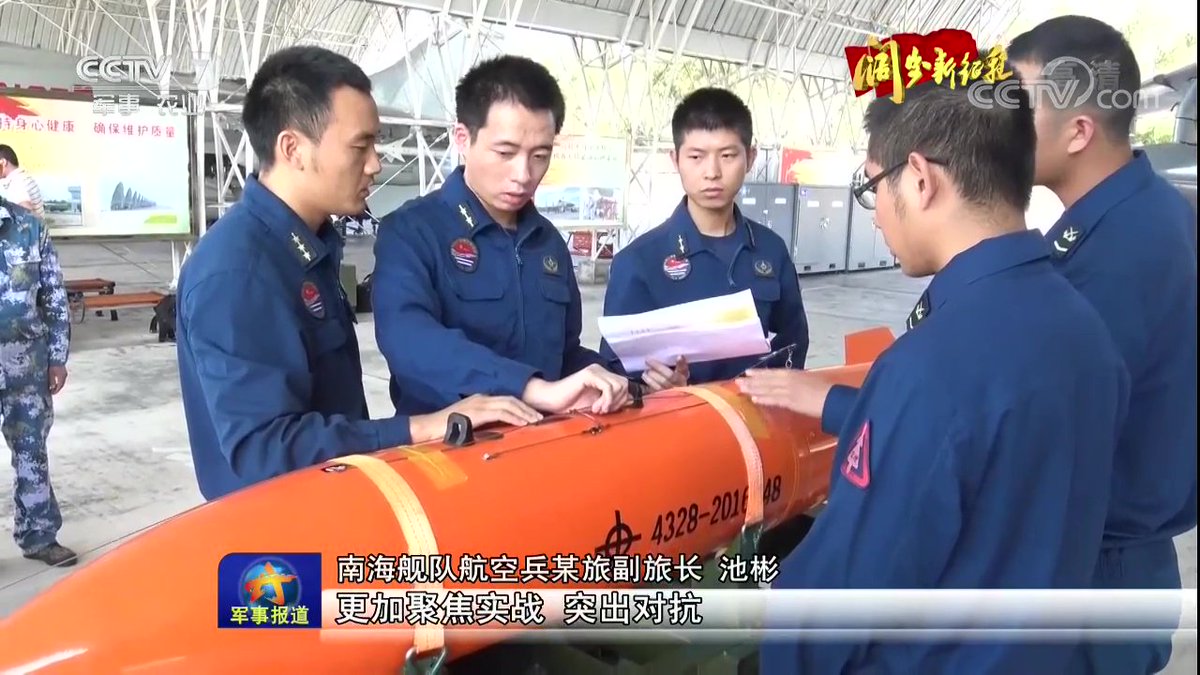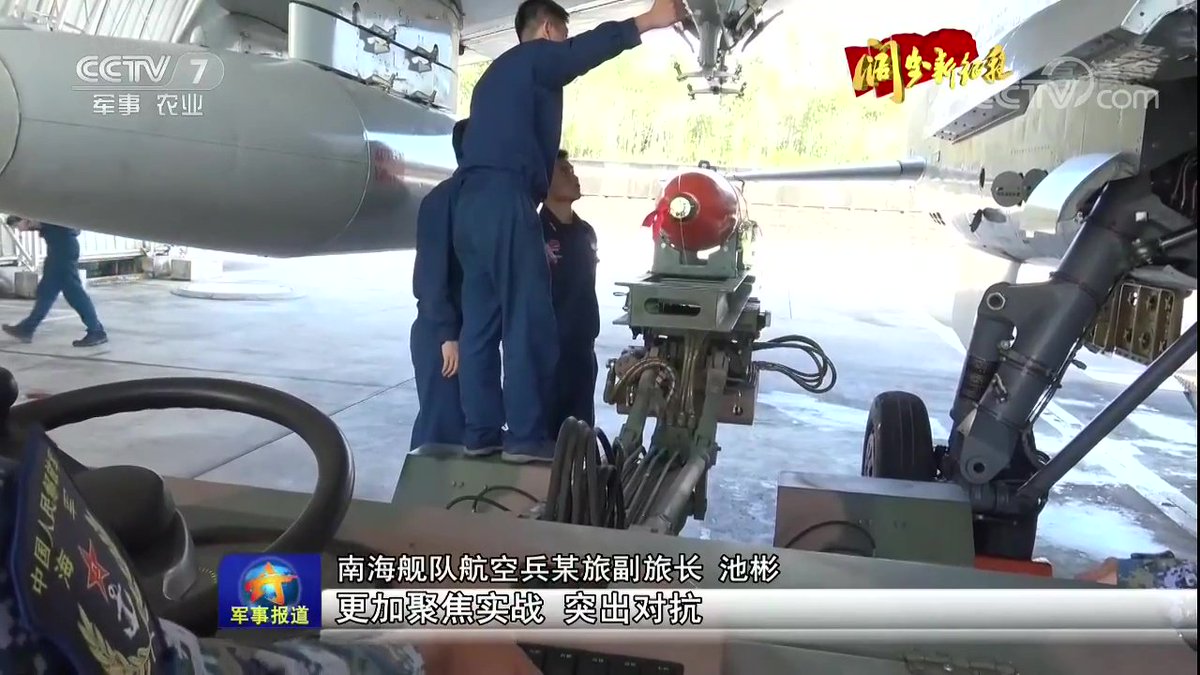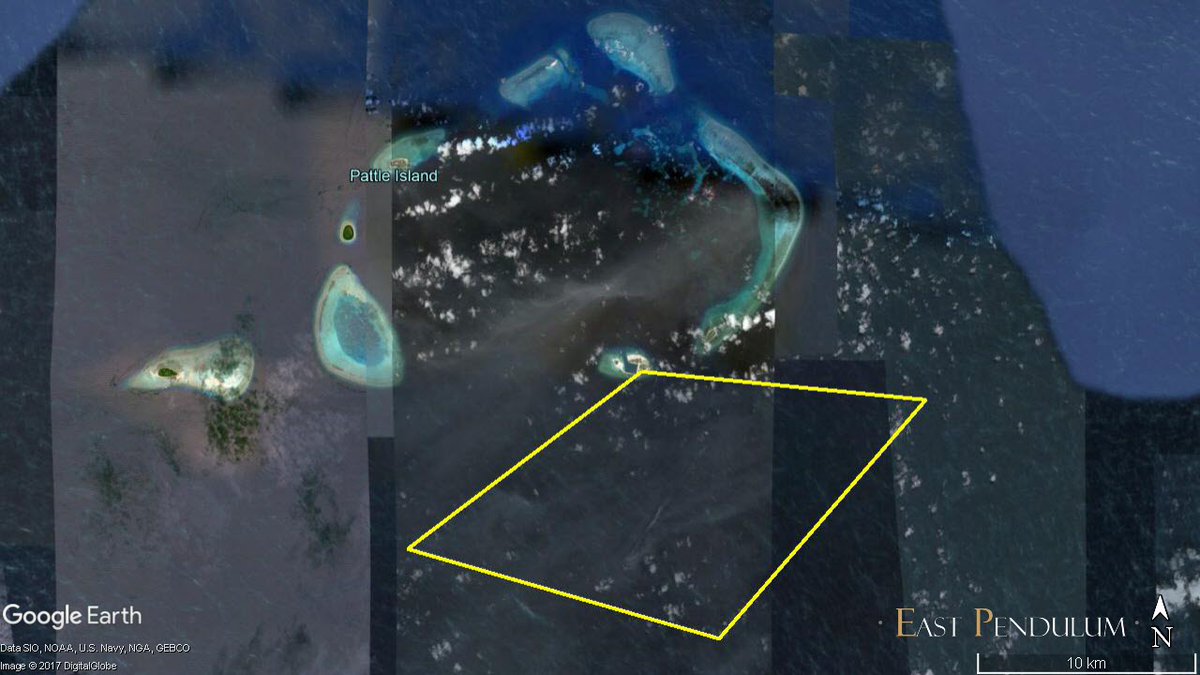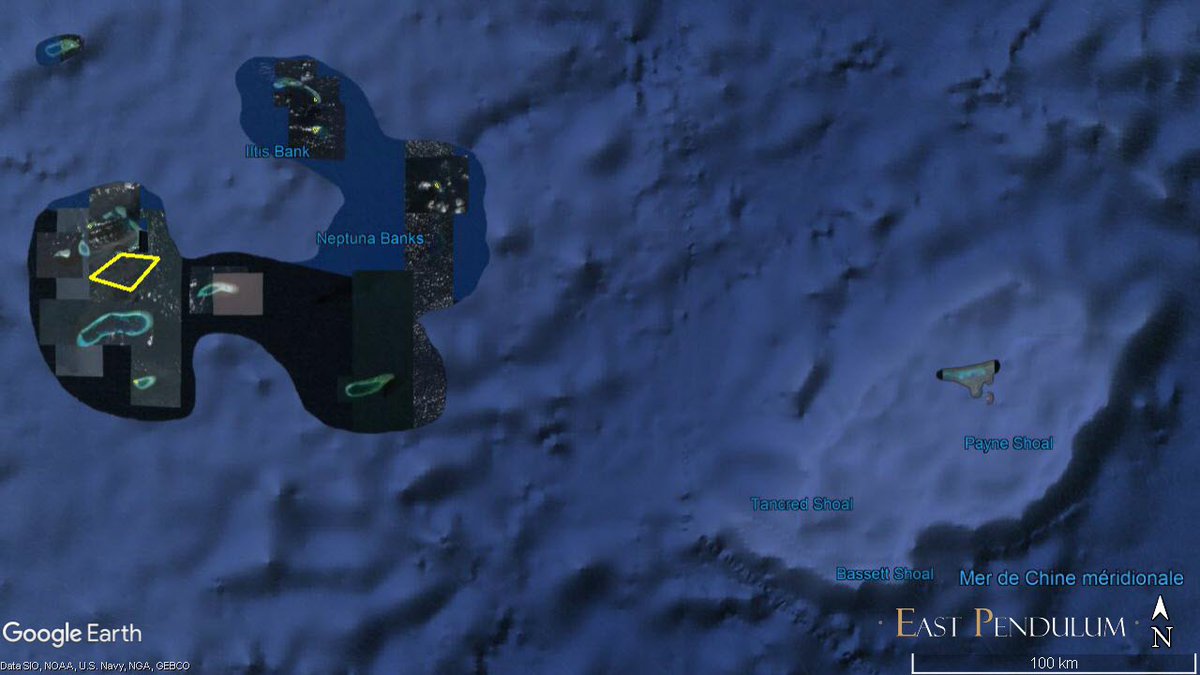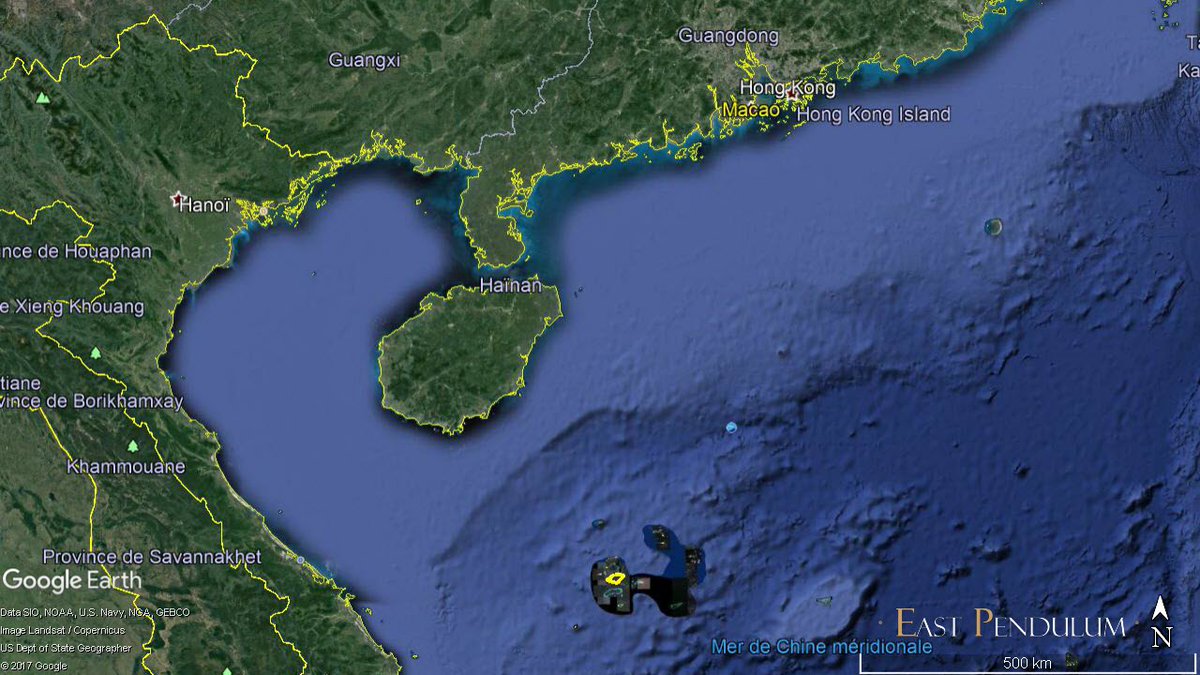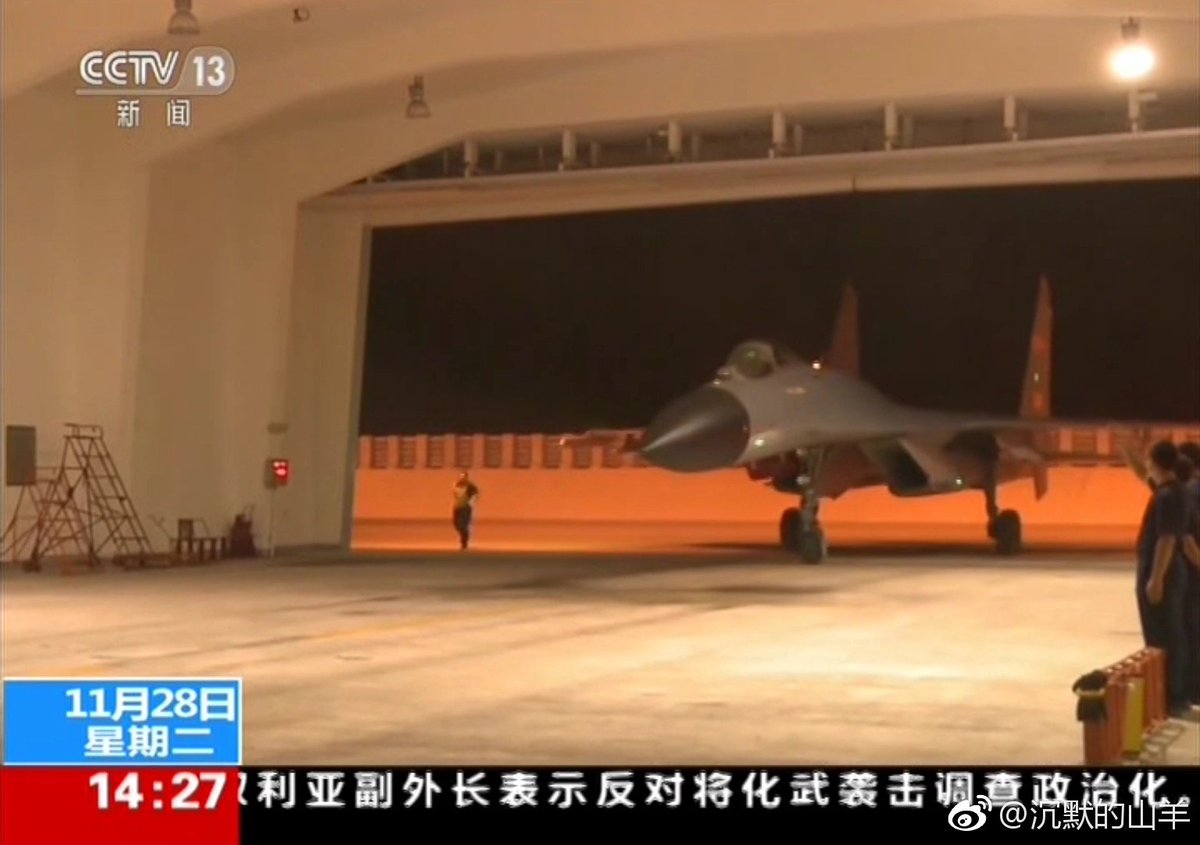The Chinese Foreign Ministry also criticized the white paper’s passages on the issues related to the South China Sea, which stated that Australia is "particularly concerned by the unprecedented pace and scale of China's activities [in the sea]" and that Canberra "opposes the use of disputed features and artificial structures in the South China Sea for military purposes."
"Elsewhere in the region, Australia is concerned about the potential for the use of force or coercion in the East China Sea and Taiwan Strait," the white paper added.
Dubbing the Australian position as "irresponsible", Lu Kang said: "Australia is not a party of the South China Sea issue, and has kept saying it takes no stance on the relevant territorial sovereignty disputes. We urge the Australian side to honor its commitment and stop irresponsible remarks on the South China Sea issue."
The foreign ministry spokesperson assured that the "the situation in the South China Sea has been stabilized and eased."
"In particular, the littoral countries of the South China Sea, namely China and the ASEAN countries, have reached consensus on the 'dual-track' approach, that is to say, the parties directly concerned peacefully resolve the dispute through dialogue and negotiation, and China and the ASEAN countries join efforts to uphold peace and stability in the South China Sea. Now regional countries are moving in this direction and we hope non-regional countries can respect such efforts," he asserted.

